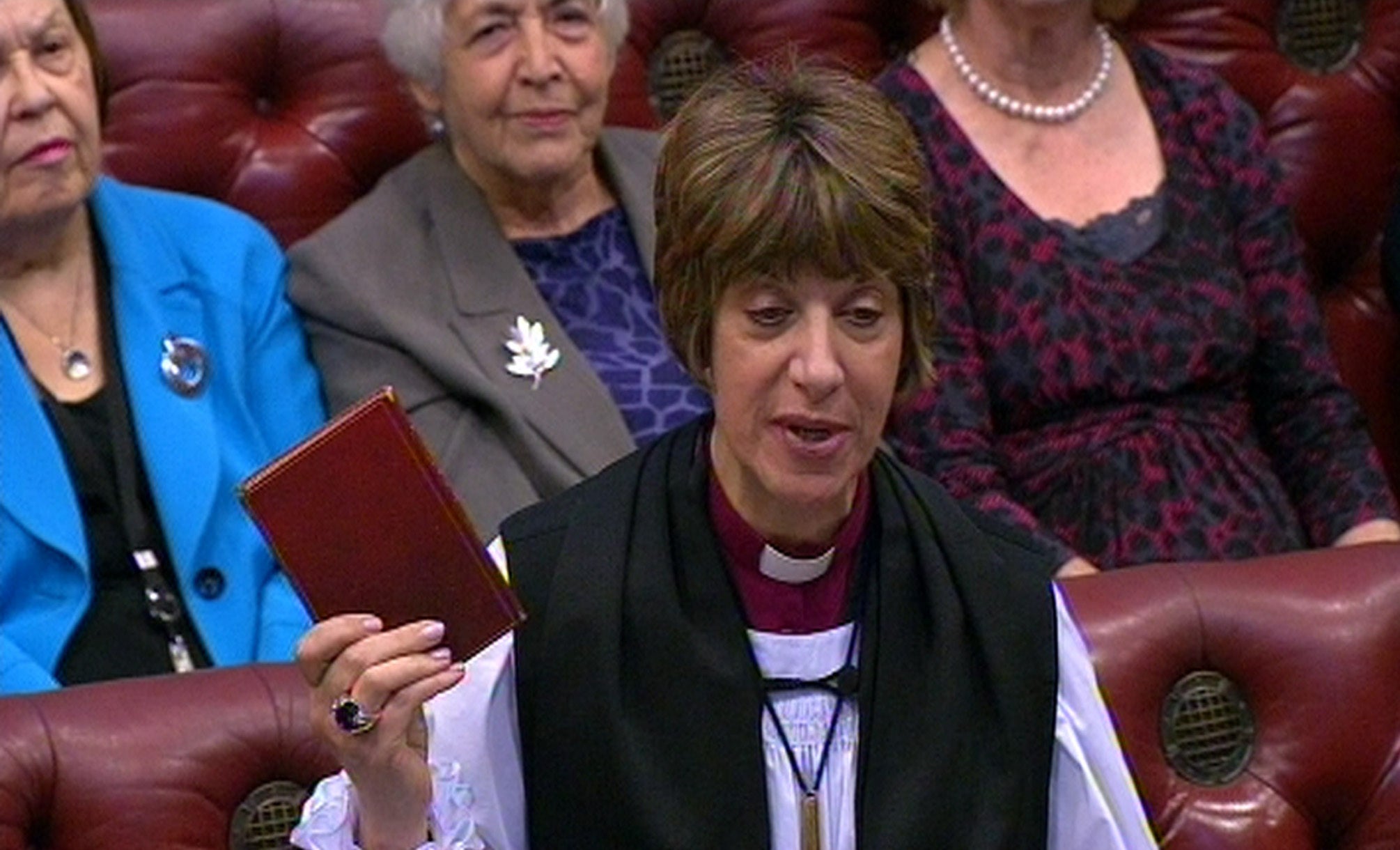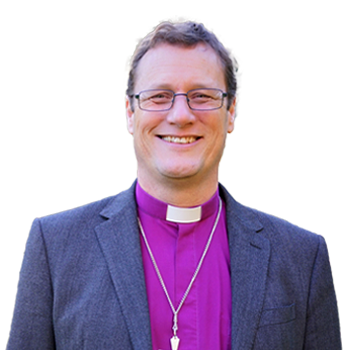
The Archbishop of Canterbury has issued an apology over his final speech in the House of Lords after leading figures in the Church accused him of making light of serious safeguarding failures in the institution.
Six bishops have issued public statements criticising Justin Welby’s valedictory address on Thursday, with three in charge of safeguarding for the Church of England writing to victims, explaining that his words were “utterly insensitive” and “mistaken and wrong”.
Mr Welby apologised “wholeheartedly for the hurt that my speech has caused” in his farewell remarks given less than a month after his resignation over the damning Makin review, which implicated him in the Church’s failure to protect victims from serial abuser John Smyth.
“I understand that my words – the things that I said, and those I omitted to say – have caused further distress for those who were traumatised, and continue to be harmed, by John Smyth’s heinous abuse, and by the far-reaching effects of other perpetrators of abuse,” Mr Welby said in a statement on Friday afternoon.
“I did not intend to overlook the experience of survivors, or to make light of the situation – and I am very sorry for having done so.”

Mr Welby, whose last day as archbishop is 6 January, said during his speech on Thursday: “There comes a time if you are technically leading a particular institution or area of responsibility where the shame of what has gone wrong, whether one is personally responsible or not, must require a head to roll.
“And there is only, in this case, one head that rolls well enough.”
Soon after his speech on Thursday, Bishop of Newcastle Helen-Ann Hartley told The Independent she was disturbed by his speech. “To make light of serious matters of safeguarding failures in this way yet again treats victims and survivors of church abuse without proper respect or regard,” she said.
Mr Welby’s resignation last month followed days of pressure for him to step down after the review concluded Smyth might have been brought to justice had the archbishop formally alerted authorities in 2013.
A victim of Smyth, who wished to remain anonymous, said of Mr Welby’s speech: “I have never come across anyone so tone deaf.”
In his apology, Mr Welby said he continued to take both personal and institutional responsibility “for the long and retraumatising period after 2013, and the harm that this has caused survivors”.
“I continue to feel a profound sense of shame at the Church of England’s historic safeguarding failures,” he said.

During the speech, Mr Welby made a joke comparing his situation to that of a 14th-century predecessor, Simon Sudbury, whose severed head was used in a football match. “I don’t know who won, but it certainly wasn’t Simon of Sudbury,” he said, to laughs from fellow clergymen in the house.
Additionally, he said his “poor diary secretary” deserved pity after seeing “weeks and months of work disappear in a puff of a resignation announcement”.
After scathing criticism from Ms Hartley, Gloucester Bishop Rachel Treweek became the second spiritual leader to accuse Mr Welby of behaving insensitively in relation to serious issues.
“I was deeply saddened and perturbed by the Archbishop of Canterbury’s valedictory speech in the House of Lords yesterday,” Ms Treweek said on Friday, adding that while Mr Welby had mentioned caring for children and vulnerable adults, “I had hoped that the pain and trauma of victims and survivors would have been placed front and centre.”
Ms Treweek said the archbishop’s “comments and tone regarding rolling heads and pity for a diary secretary were badly judged, as were the reactions of laughter in the chamber”.

“In this, there is something strongly indicative of the culture changes we need to be living,” she said.
Martyn Snow, the Bishop of Leicester, said he was “deeply saddened that Justin Welby’s time as Archbishop of Canterbury should end in this way”, adding he was “also mindful that our words about putting victims and survivors of abuse first have to be more than rhetoric”.
The lead bishops for safeguarding, Joanne Grenfell, Julie Conalty and Robert Springett, wrote to survivors and their advocates following the speech. “Both in content and delivery, the speech was utterly insensitive, lacked any focus on victims and survivors of abuse, especially those affected by John Smyth, and made light of the events surrounding the archbishop’s resignation,” they said, issuing their own apology on behalf of the institution.
“It was mistaken and wrong. We acknowledge and deeply regret that this has caused further harm to you in an already distressing situation.”







